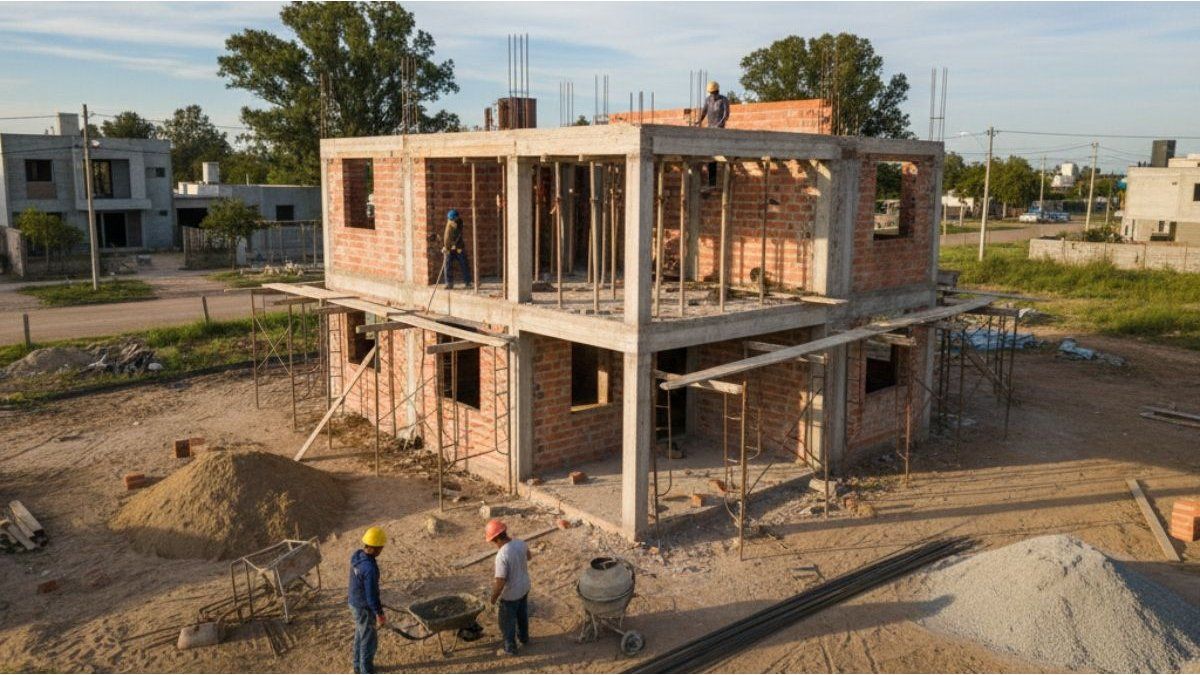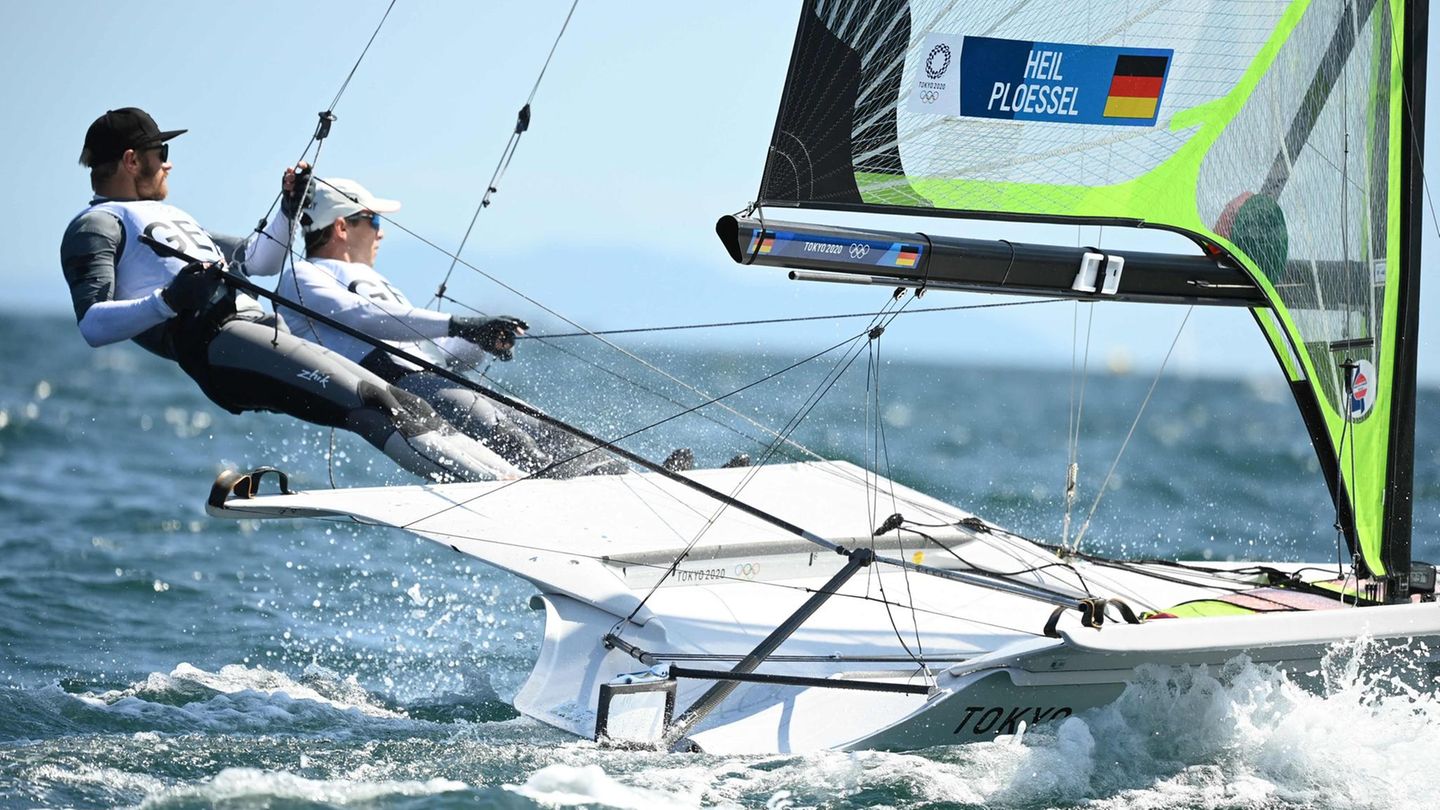I have been working in the news industry for over 6 years, first as a reporter and now as an editor. I have covered politics extensively, and my work has appeared in major newspapers and online news outlets around the world. In addition to my writing, I also contribute regularly to 24 Hours World.
Menu
Tokyo 2021: 49er sailors Heil and Plößel fight for more than one medal
Categories
Most Read
Formula 1 US Grand Prix schedule with Franco Colapinto: days, times and how to watch it
October 16, 2025
No Comments
Miguel Ángel Russo’s ashes were scattered in the Bombonera
October 16, 2025
No Comments
All the finals of the Under 20 World Cup that the Argentine National Team played: what is the history like?
October 16, 2025
No Comments
When and against whom does the Argentine National Team play the final of the U-20 World Cup in Chile
October 16, 2025
No Comments
Latest Posts

Donald Trump and Vladimir Putin will meet in Budapest to negotiate peace
October 16, 2025
No Comments
October 16, 2025 – 16:59 According to the American president, Thursday’s phone call with the Russian leader was “a big step forward.” The president of

Mother’s Day: how data can be the best gift for brands
October 16, 2025
No Comments
October 16, 2025 – 16:41 In the midst of a year with lower purchasing power and more cautious consumers, companies find this special date an

Construction costs exceeded 3% in September and reached their highest level of the year
October 16, 2025
No Comments
October 16, 2025 – 16:22 The increase was explained by the increase of 2.9% in “Materials”, 3.7% in “Labor” and 3% in “General expenses”. Artificial
24 Hours Worlds is a comprehensive source of instant world current affairs, offering up-to-the-minute coverage of breaking news and events from around the globe. With a team of experienced journalists and experts on hand 24/7.

